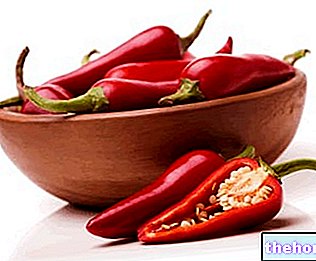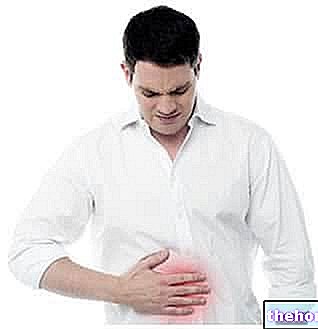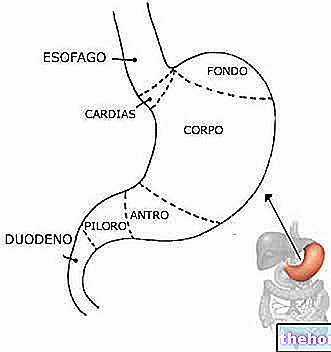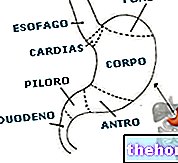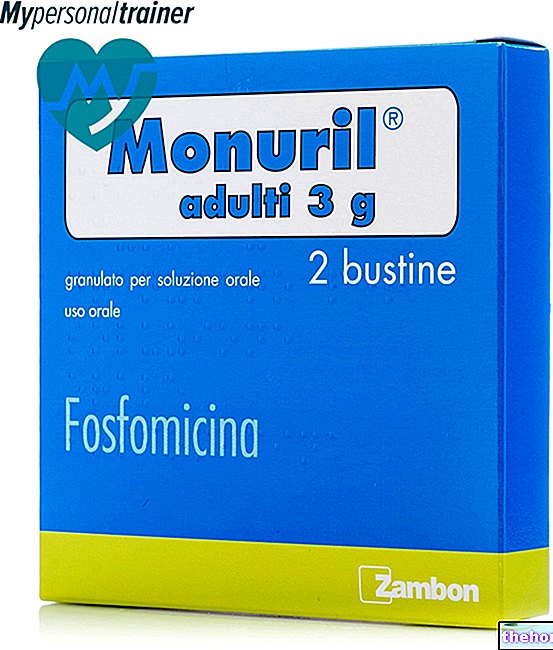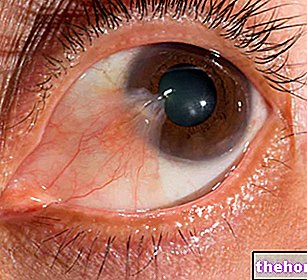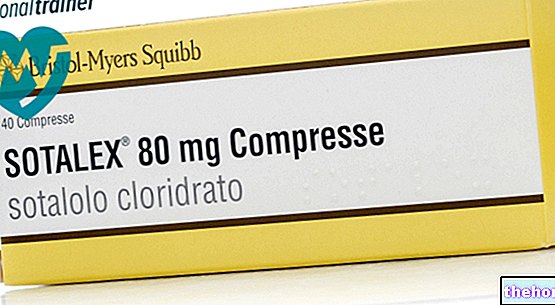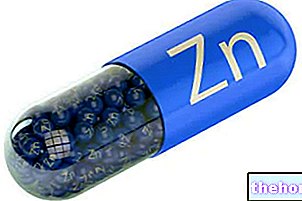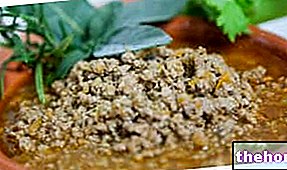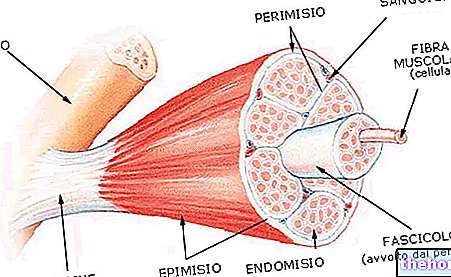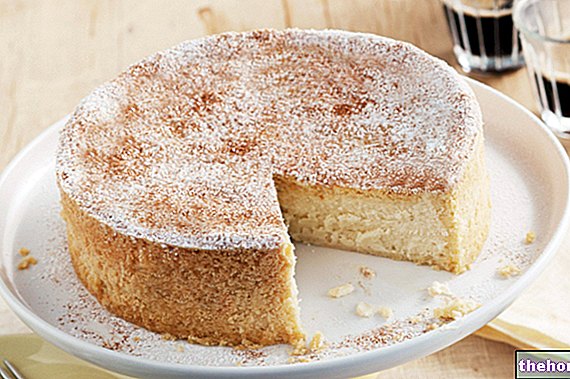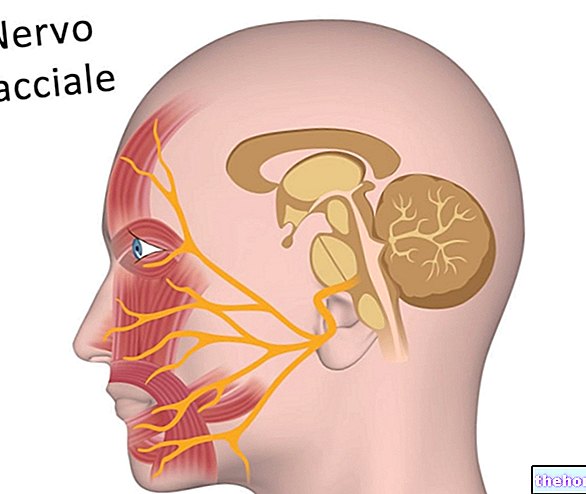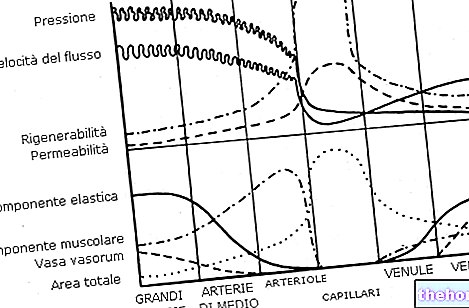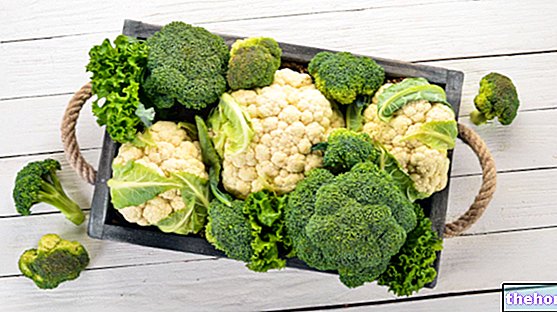Natural remedies for gastritis aim on the one hand to reduce gastric secretion, and on the other to protect the mucous membrane of the stomach from the aggression of acidic juices.

Natural antisecretives
To this category belong the alkaloids atropine and scopolamine, extracted from belladonna (leaves of Atropa belladonna) and considered the parents of current anticholinergic drugs; these drugs inhibit the interaction of acetylcholine with its muscarinic receptors, located in the peripheral structures innervated by the parasympathetic nervous system, which exerts a stimulatory effect on gastric secretion. The use of natural remedies against gastritis with anticholinergic action was however abandoned, due to the unpleasant side effects found at therapeutic doses (dry mouth and mucous membranes, tachycardia, constipation, hallucinations, anxiety and agitation). drug is given by the leaves, while the berries of Atropa belladonna are very poisonous.
Natural gastroprotectors
If the natural anticholinergic remedies can cause important side effects, safer is the use of mucilaginous drugs such as altea, alginic acid, mallow and aloe gel (not the juice, which would worsen gastritis); the gastroprotective properties of these drugs depend precisely on the "high content in mucilage: polysaccharides which in contact with water form a sort of protective gel capable of limiting the insult of acids on the gastric walls. The Icelandic lichen, despite being rich in gastroprotective mucilage, is not recommended by some authors due to the presence of bitter principles; in the marshmallow the same problem could derive from the tannin content, but the cold macerate lends itself very well to the extraction of mucilage only.
Natural herbal teas against gastritis
Cold macerate (5%). Place the drug in a container containing cold water; leave to macerate for 5 hours and filter. It is recommended to consume a cup of 150 ml, two or three times a day.
Infusion (3%): pour boiling water (200 ml) on 6 grams of preparation; leave to infuse in a covered container and sip a cup after meals.
The second infusion contains the two most widely used herbal drugs in the treatment of gastritis and peptic ulcer: licorice and chamomile. Liquorice extracts (rhizome) contain flavonoids which perform a marked antispastic activity on the smooth muscles of the stomach, and glycyrizin, which has a mucoprotective and healing activity on gastric lesions; a certain anti-inflammatory activity is also ascribed to both substances. At high dosages, or in case of continuous use, licorice is notoriously responsible for hypertensive side effects, with increased water and sodium retention, predisposition to the formation of edema, hypokalaemia (potassium depletion) and hypertension. These side effects do not belong instead to chamomile, whose herbal teas represent a popular natural remedy against gastritis. The herbal tea is prepared by placing a soup spoon of dried flower heads in 150 ml of water at room temperature; everything will be brought to a boil and left to infuse for about 20-30 minutes, with the heat off and in a covered container. The average dosage is three cups a day, between meals. Chamomile can be considered a valid remedy against gastritis due to its content in mucilage, flavonoids with spasmolytic action and essential oil with anti-inflammatory, spasmolytic and ulcer-protective action. The risk of hypersensitivity reactions in allergic subjects is rare.
The natural remedies for gastritis listed in this article are indicated for mild or sporadic forms, in association with a bland, light and poor diet in poorly digestible foods - such as those rich in connective tissue (meats), elaborate sauces, fried and dips. - or irritants (spices, flavorings, spicy foods). The consumption of too abundant meals and carbonated drinks is also not recommended, since the distension of the gastric walls represents a powerful stimulus to the acid secretion of the stomach. Milk cannot be considered a natural remedy for gastritis, since after initial relief it tends to worsen it due to the secretagogical action of calcium, fats and proteins; if necessary, prefer skimmed milk in small quantities.
Other articles on "Gastritis: Natural Remedies"
- Diet and gastritis
- Gastritis
- Gastritis: Symptoms and Complications
- Gastritis: Diagnosis and Treatment
- Atrophic gastritis
- Gastritis - Medicines to cure Gastritis
- Gastritis: nutrition and natural remedies
- Remedies For Gastritis

